Copyright 2019 by The Curators of the University of Missouri
University of Missouri Press, Columbia, Missouri 65211
Printed and bound in the United States of America
All rights reserved. First printing, 2019.
Library of Congress Cataloging-in-Publication Data
Names: Campbell, Peter P., author.
Title: Military realism : the logic and limits of force and innovation in the U.S. Army / by Peter Campbell.
Description: Columbia, Missouri : University of Missouri, [2019] | Series: American military experience | Includes bibliographical references and index. |
Identifiers: LCCN 2018054040 (print) | LCCN 2018055464 (ebook) | ISBN 9780826274267 (e-book) | ISBN 9780826221841 (hardback)
Subjects: LCSH: United States--Military policy. | Military doctrine--United States--History--20th century. | Military doctrine--United States--History--21st century. | BISAC: HISTORY / Military / Strategy. | HISTORY / Military / United States.
Classification: LCC UA23 (ebook) | LCC UA23 .C234 2019 (print) | DDC 355/.03357309045--dc23
LC record available at https://lccn.loc.gov/2018054040

This paper meets the requirements of the American National Standard for Permanence of Paper for Printed Library Materials, Z39.48, 1984.
Typefaces: Frutiger and Minion
THE AMERICAN MILITARY EXPERIENCE SERIES
JOHN C. MCMANUS, SERIES EDITOR
The books in this series portray and analyze the experience of Americans in military service during war and peacetime from the onset of the twentieth century to the present. The series emphasizes the profound impact wars have had on nearly every aspect of recent American history and considers the significant effects of modern conflict on combatants and noncombatants alike. Titles in the series include accounts of battles, campaigns, and wars; unit histories; biographical and autobiographical narratives; investigations of technology and warfare; studies of the social and economic consequences of war; and, in general, the best recent scholarship on Americans in the modern armed forces. The books in the series are written and designed for a diverse audience that encompasses nonspecialists as well as expert readers.
ACKNOWLEDGMENTS
THIS BOOK WOULD not have made it into print without the patience and unwavering support of Michael Desch. Deciding on a topic could not have been easier. At our first meeting, Mike swiveled around in his chair and said: Have you thought about why the U.S. Army got back into counterinsurgency? That settled it. In attempting to answer that question, I was drawn into a much wider debate on the causes of military innovation. This book is the result of the struggle to make sense of this fascinating process. Thanks also to Sebastian Rosato and Dan Lindley, whose timely advice saved me from innumerable diversionary wars during the research and writing process.
The germ of this book began much earlier, however, when James Muir introduced me to the study of philosophy, politics, and strategy at the University of Winnipeg in Canada. Through Jamie, I encountered Carl von Clausewitz for the first time. Together they led me into the systematic study of the nexus between politics, strategy, and military affairs. To further my studies, Jamie recommended I attend Kings College London and read for a master in war studies. I did so, and there Jan Willem Honig, John Mackinlay, and the other incredible war studies faculty ably guided my study of strategy, war, and Clausewitz. While at Kings I immersed myself especially in the study of counterinsurgency. This was in 2005 and 2006, after all, as things were falling apart in Iraq. I wrote my thesis on the U.S. Marine Corps Combined Action Platoons in Vietnam.
While studying in Winnipeg I met Rob and Beth LArrivee, two other lovers of learning. We would all three go on to receive our doctorates in political science at Notre Dame. A special thanks to Rob, who dedicated so much time to helping me prepare for presenting the ideas that fill the pages of this book. His sense of humor made sure that we never took ourselves too seriously.
After completing my PhD, I was truly blessed to become part of the faculty of political science at Baylor University. David Clinton was a stalwart and kind supporter of this project from my earliest days at Baylor. He has been an incredible mentor. He was always there with kind words of encouragement when my spirits flagged in the course of the writing process. David read countless drafts of early chapters and helped shepherd this project. I also benefited greatly from the advice of Carey Newman, director of Baylor University Press, who helped me navigate the world of academic book publishing. I would be remiss if I did not also thank Jenice Langston, our office manager at Baylor political science, for helping me adjust to a new job and a new campus and with innumerable day-to-day tasks.
Although we have never met, I would like to acknowledge Robert Boice, author of Advice for New Faculty Members. Without his insights into the academic profession, teaching, and writing, I would not have completed this book. I attribute a great deal of the satisfaction I experience in the academic profession to his guidance.
This book would not have been possible without the help of numerous manuscript reviewers, known and unknown. Special thanks to David Clinton, Michael Desch, and Benjamin Jensen. Thanks too to all the anonymous reviewers who helped me refine the ideas and evidence presented here.
The research conducted for this book would not have been possible without financial assistance from a number of sources. The graduate school at the University of Notre Dame provided me with funds to do archival research at the John F. Kennedy Library and the U.S. Army Heritage and Education Center. The center itself provided additional financial assistance through the General and Mrs. Matthew B. Ridgway Military History Research Grant. The Lyndon B. Johnson Library also provided financial support through the Moody Research Grant. Thanks also to Margaret Campbell, whose generous support came at a crucial time in my career.
I could not have asked for a better editor and publisher. Gary Kass and the people at the University of Missouri Press have been fantastic. Gary was an enthusiastic supporter of the project from the first. I am indebted to him for his keen editorial eye and his help in overcoming my timidity as a first-time author.
Of course, any errors that remain in this book are mine alone.
I have dedicated this book to my parents and my wife. Sadly, my father, Oliver, did not live to see this book into print, but his constant example of integrity, hard work, and kindness equipped me to bring this project to fruition. My mother, Anne Campbell, continually stormed heaven with prayers to ensure the success of this project and instilled in me a lifelong love of learning.
Finally, none of what I have accomplished would have been possible without the incredible and steadfast support and love of my wife, Angela Campbell. She intrepidly raised three small children as I worked through two graduate degrees. She has made numerous sacrifices and been my rock. Thanks also to my children, Mary, Oliver, and Walter, for being a constant source of joy and pride and a continual reminder of what really matters.


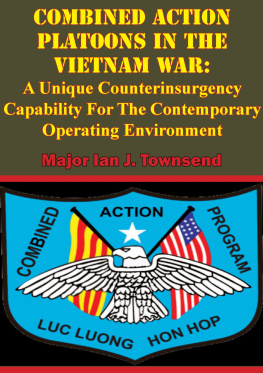
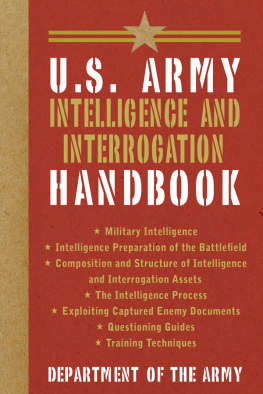
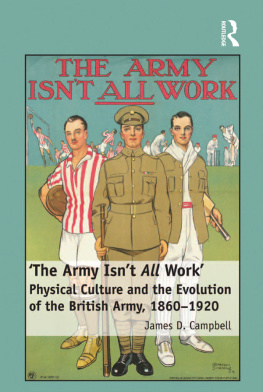
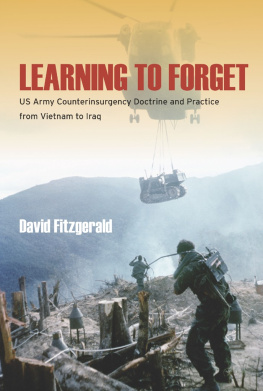
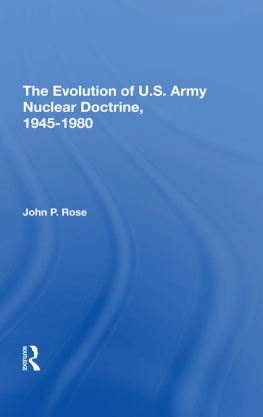
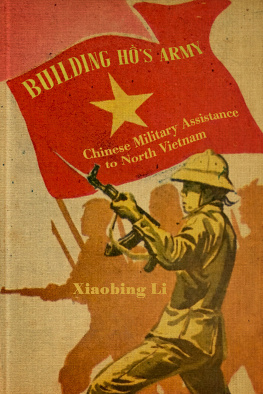
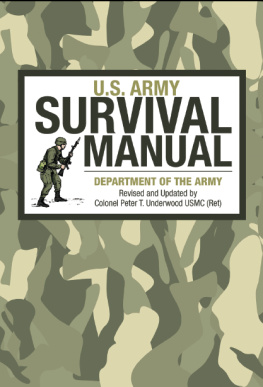
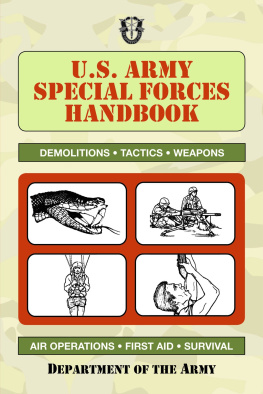

 This paper meets the requirements of the American National Standard for Permanence of Paper for Printed Library Materials, Z39.48, 1984.
This paper meets the requirements of the American National Standard for Permanence of Paper for Printed Library Materials, Z39.48, 1984.